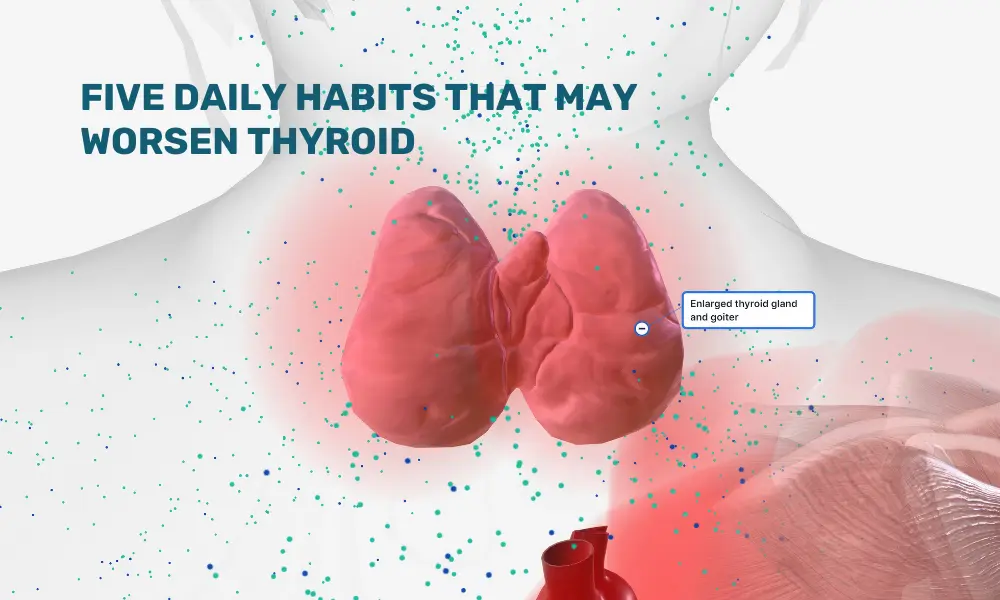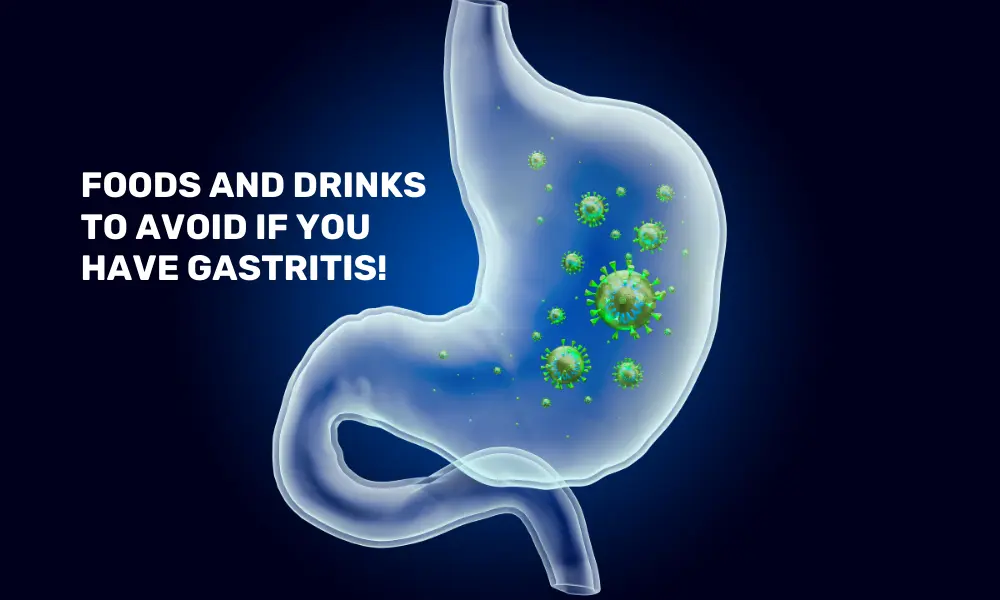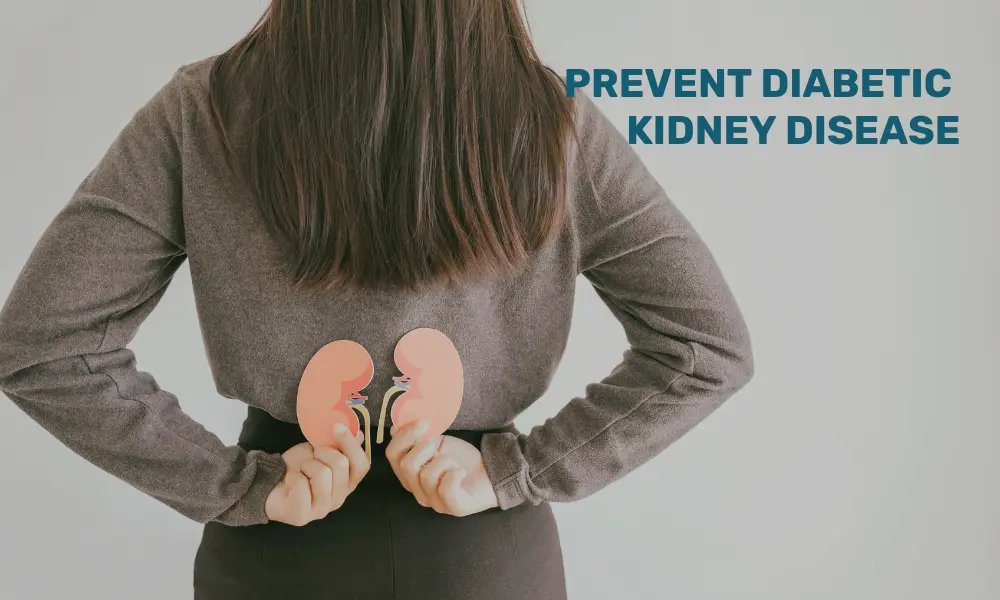When it comes to managing cholesterol, the spotlight often shines on LDL cholesterol and HDL cholesterol. However, there’s another player in this intricate game of heart health that deserves equal attention, termed as the triglycerides.
Triglycerides
Triglycerides, a type of fat in the bloodstream that serves as a vital energy source for the body, significantly influence cardiovascular well-being.
Ideally, the triglyceride levels in our blood should remain below 150 mg/dL. Any elevation beyond this threshold can pose severe risks to our health. When triglycerides interact with LDL cholesterol, the likelihood of heart attack and stroke escalates. Individuals with high cholesterol must diligently monitor their triglyceride levels and keep them in check.
Factors that may increase Triglycerides
Triglyceride levels can rise due to dietary factors. These may include:
-
Consumption of calorie-dense, fatty, and unhealthy foods
-
Drinking too much alcohol
-
Unmanaged diabetes
-
Liver disease
-
Kidney disease
-
A body mass index greater than 25
-
Eating refined carbohydrates (like white bread) or sugars
-
Eating too much-saturated fat
-
Not moving around enough
Complications due to high Triglycerides
Excessive elevation of triglycerides can lead to short-term memory loss, liver enlargement, abdominal discomfort, and skin issues. Elevated triglyceride levels pose heightened risks of heart attack, stroke, and other cardiovascular diseases, especially for individuals already managing high cholesterol.
Managing high Triglycerides
Regular Checkups: Regular monitoring of triglyceride levels is essential, and in cases of elevated levels, seeking medical advice from a specialist for appropriate medication is recommended.
Medication: Various medications such as statins and fenofibrate are employed to regulate triglyceride levels. These medicines also aid in cholesterol management. However, self-medication for cholesterol or triglycerides is discouraged, and individuals experiencing any issues should seek professional medical guidance.
Eat More Fiber: Dietary fibre is naturally present in fruits, veggies, whole grains, nuts, seeds, cereals, and legumes. Adding more fibre to meals reduces how fast our body absorbs fat and sugar, which can help lower triglyceride levels.
Physical Activity: Regular exercise is crucial, especially if one has high triglycerides. It helps our body process sugar better, which means less sugar in our blood and fewer triglycerides produced by our body.
Avoid excess sugar: You can reduce triglycerides by cutting back on candies, sugary drinks, cookies, and pastries. Plus, steering clear of high-fat foods will naturally lower your cholesterol, too.
Since triglycerides are a crucial element that may trigger our overall cholesterol, it is highly advisable to manage it. Bringing about minor dietary changes, one can control triglyceride levels, thereby reducing the risk of heart disease.
FAQ on Triglycerides:
What Foods and Drinks Increase Triglycerides?
-
Candy, energy, and sports drinks
-
Dried and canned fruit
-
Ice cream and sweetened yogurt
-
Fruit juices and drinks (e.g., lemonade)
-
Cereals, jams and jellies
-
Milkshakes and smoothies
What are the four signs of high triglycerides?
High levels of triglycerides generally do not cause symptoms, but they can lead to serious conditions. High levels of triglycerides can lead to inflammation of the pancreas, causing abdominal pain, fever, nausea and vomiting, and loss of appetite.
Can triglycerides be temporarily high?
Some medications can temporarily raise triglycerides as well.
How can I reduce my triglyceride level?
Reducing calories helps reduce triglycerides. One must choose healthier fats. Try to replace saturated fat found in meats with healthier fat found in plants, such as olive and canola oils. Stay active and monitor the levels regularly.
What organ is affected by high triglycerides?
Anything above 500 mg/dL is considered very high. Very high levels of triglycerides are associated with liver and pancreas problems.
Can stress cause high triglycerides?
High cortisol levels from long-term stress may increase cholesterol.
Can walking reduce triglycerides?
Exercise can help lower unhealthy triglyceride levels. One must start with 20-30 minutes of aerobic activity — anything that gets heart rate up.





